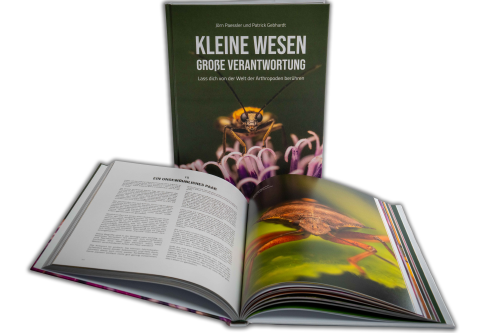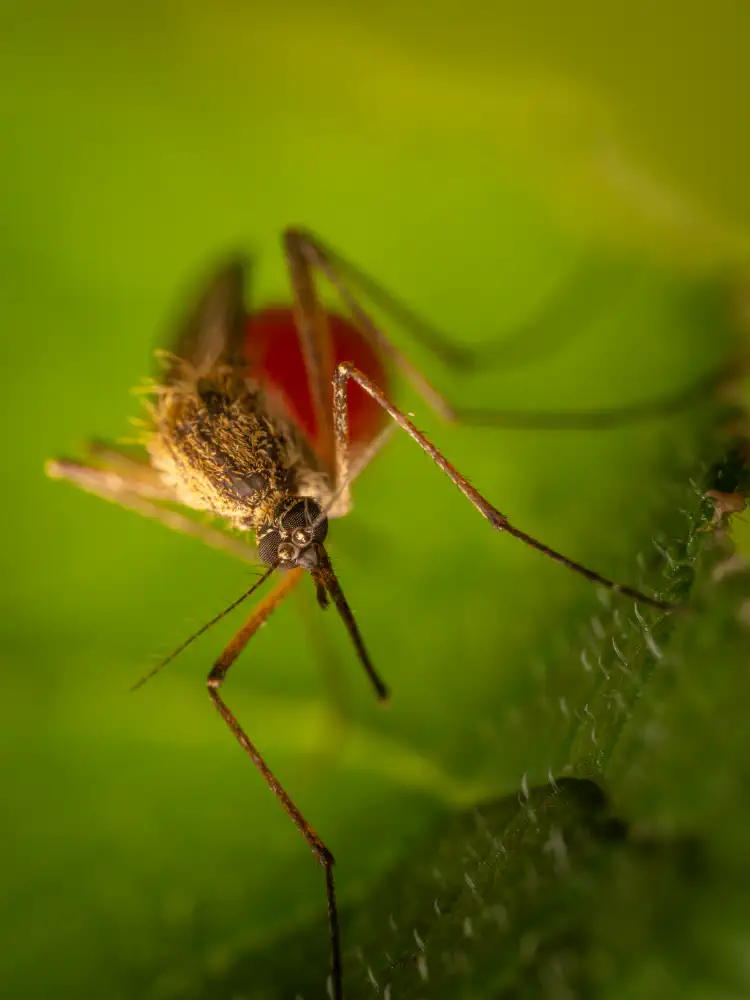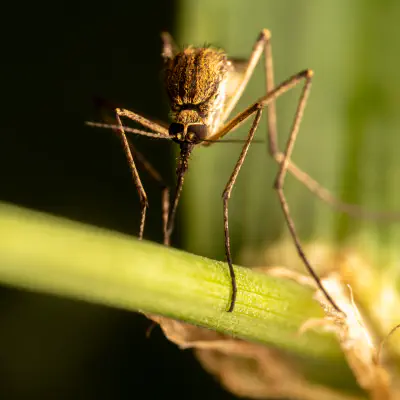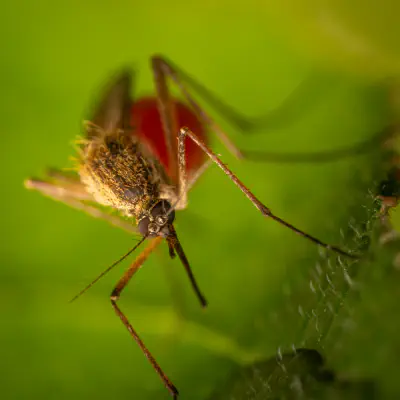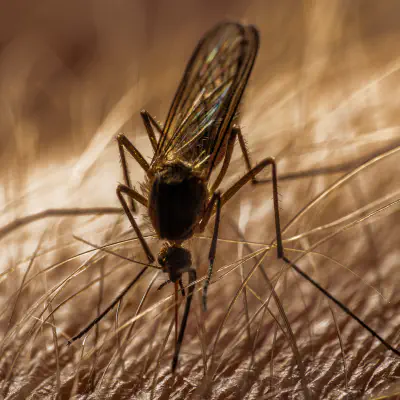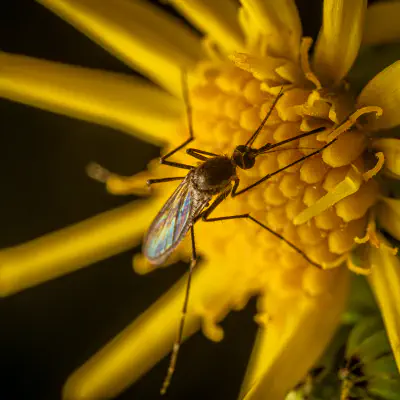Mosquitoes Lat. “Culicidae“
Mosquitoes are small, midge-like flies that constitute the family Culicidae. Females of most species are ectoparasites, whose tube-like mouthparts (called a proboscis) pierce the hosts’ skin to consume blood. The word “mosquito” (formed by mosca and diminutive -ito) is Spanish for “little fly”. Thousands of species feed on the blood of various kinds of hosts, mainly vertebrates, including mammals, birds, reptiles, amphibians, and even some kinds of fish. Some mosquitoes also attack invertebrates, mainly other arthropods….
Description and life cycle
Like all flies, mosquitoes go through four stages in their life cycles: egg, larva, pupa, and adult. The first three stages—egg, larva, and pupa—are largely aquatic, the eggs usually being laid in stagnant water. They hatch to become larvae, which feed, grow, and molt until they change into pupae. The adult mosquito emerges from the mature pupa as it floats at the water surface. Mosquitoes have adult lifespans ranging from as short as a week to around a month. Some species overwinter as adults in diapause.
Further reading
Winegard, Timothy Charles (2019). The mosquito: a human history of our deadliest predator. Penguin Random House. ISBN 978-1524743413. OCLC 1111638283.
External links
Quotations related to Mosquitoes at Wikiquote Mosquito at IFAS A film clip describing The Life Cycle of the Mosquito is available for viewing at the Internet Archive Parasitic Insects, Mites and Ticks: Genera of Medical and Veterinary Importance Wikibooks
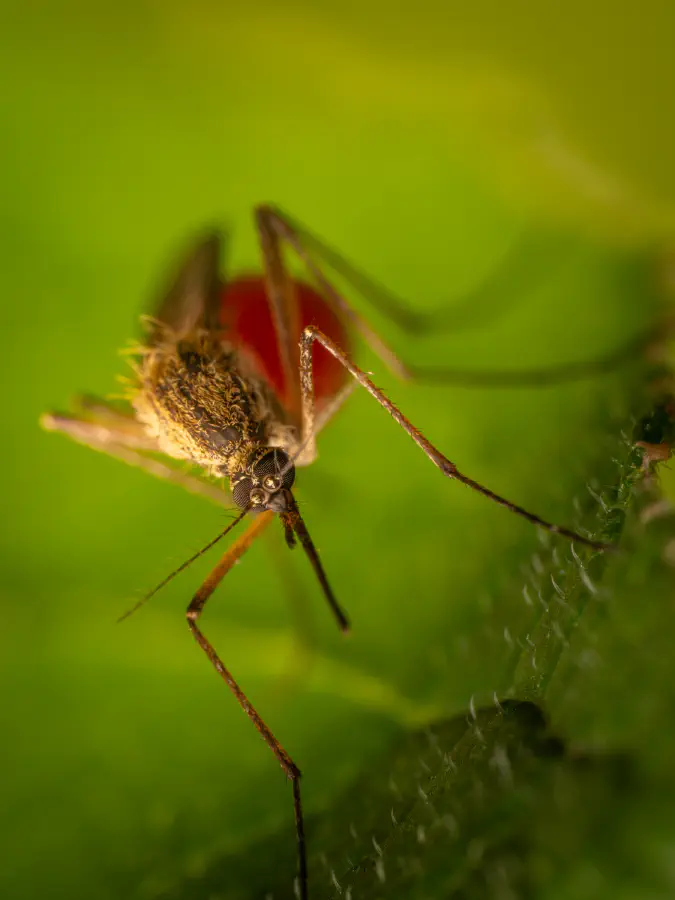
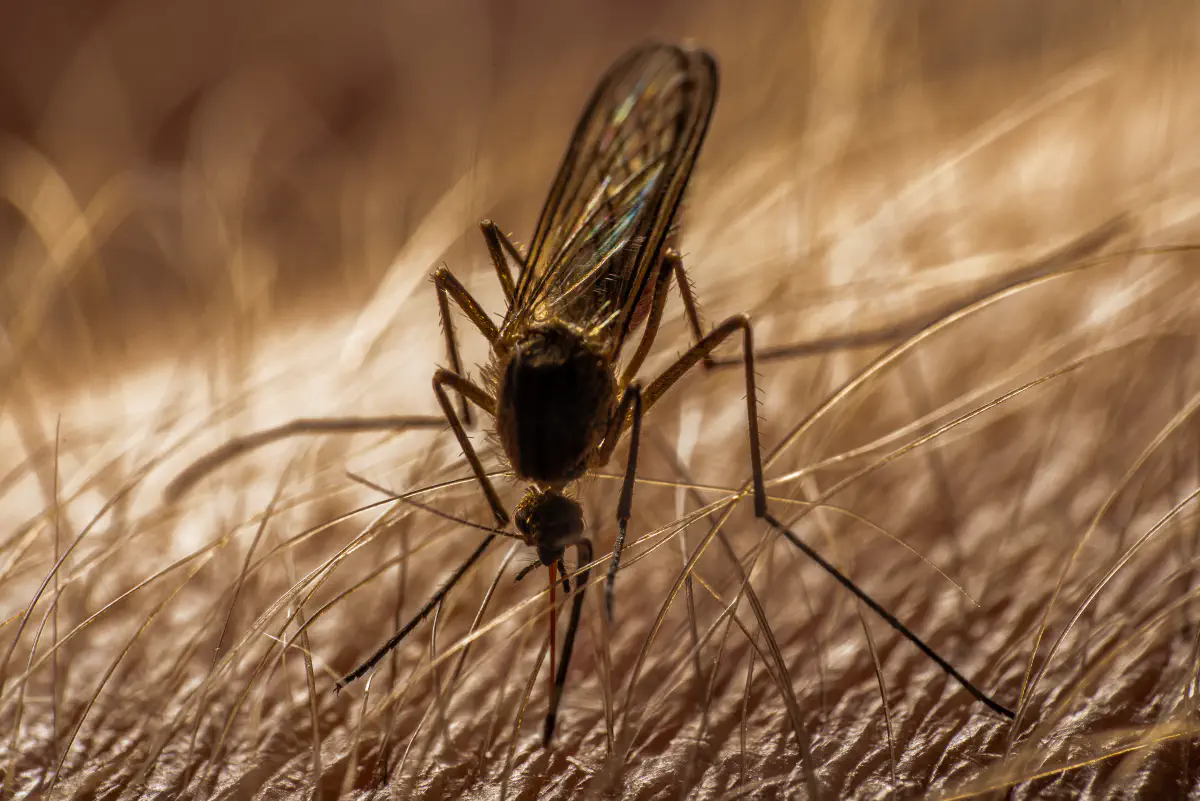
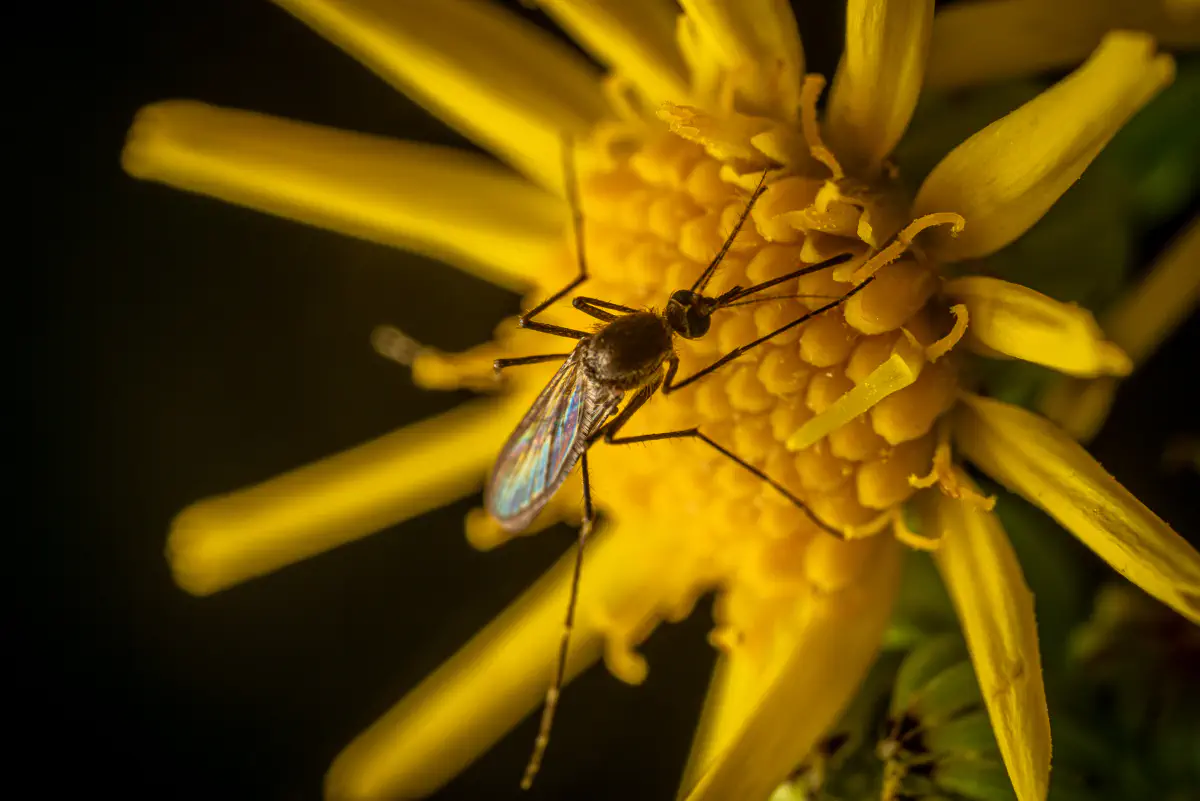
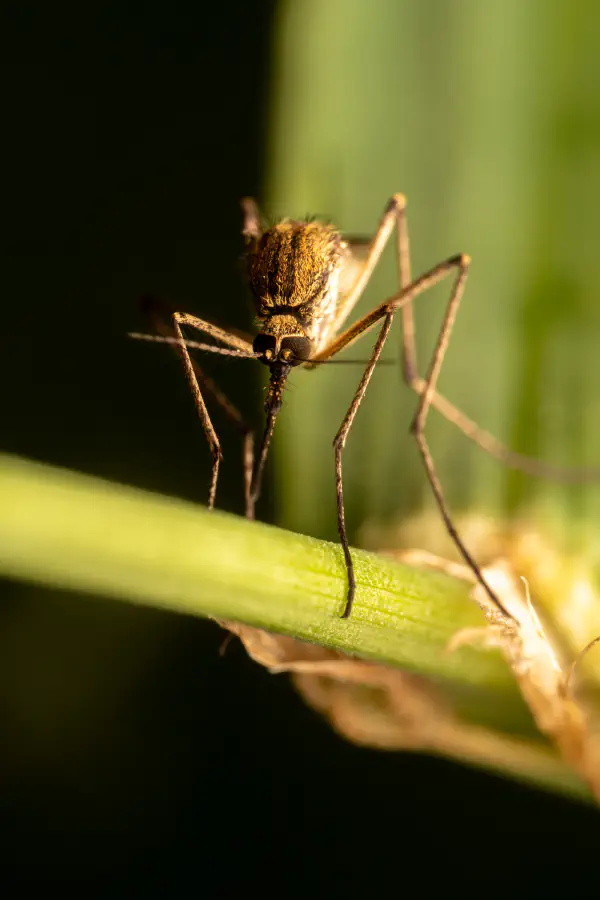
Ancestry Graph
Further Information
„Mosquitoes“ on iNaturalist.org
Copyright

This article uses material from the Wikipedia article Culicidae the free encyclopedia Wikipedia which is released under Creative Commons Attribution-ShareAlike 4.0 International License). On Wikipedia a list of authors is available.

Little beings in print
Order our calendars and books today!
Compiled with love. Printed sustainably. Experience our little beings even more vividly in print. All our publications are available for a small donation.
